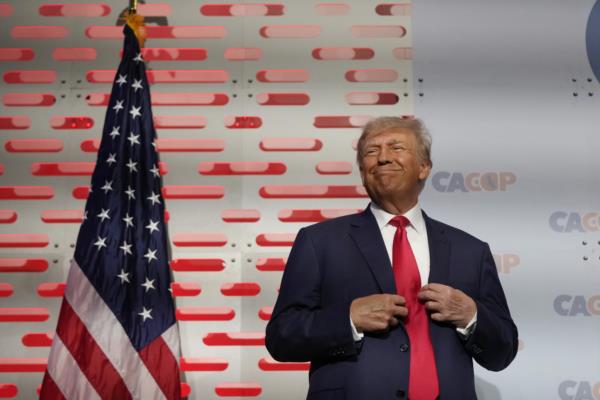
During the recent Republican National Convention, Sean O’Brien, president of the International Brotherhood of Teamsters, delivered a speech that caught the attention of many. While not endorsing former President Donald Trump, O’Brien referred to him as a 'tough S.O.B.,' highlighting the union's willingness to engage with both parties.
O’Brien emphasized the Teamsters' focus on supporting American workers, regardless of political affiliations. He mentioned the union's history of endorsing Republican presidents in the past but indicated that this year, they might not endorse any candidate.
Despite President Biden's pro-labor stance, O’Brien stressed the importance of actions over party labels, stating, 'What are you doing to help American workers?'



While the Republican Party has traditionally opposed organized labor, O’Brien's speech underscored the need for a shift in attitudes towards unions within the GOP. He acknowledged the anti-union sentiments prevalent in the party and called for change.
Notably, some Republican senators, including JD Vance, have shown support for workers by joining picket lines. However, their opposition to certain labor-friendly legislation indicates ongoing challenges in bridging the gap between Republicans and labor unions.
Despite Trump's rhetoric supporting workers, his presidency was marked by anti-union policies. The Republican convention focused on an anti-corporate message, aligning with Trump's appeal to marginalized groups.
In a nod to bipartisan cooperation, O’Brien expressed the need for trade policies that prioritize American workers and create a safer environment for labor negotiations. The potential impact of union households shifting towards Trump in the upcoming election poses a challenge for Biden.
Overall, the evolving dynamics between unions and political parties reflect the complexities of labor relations in the current political landscape. Marginal shifts in union support could have significant implications for the November election.







